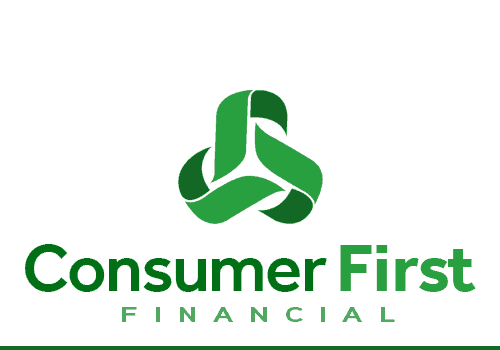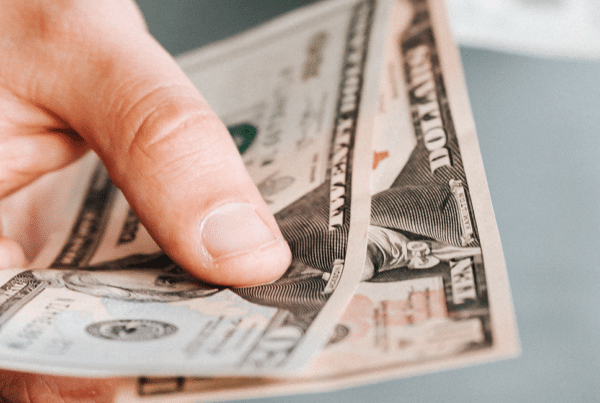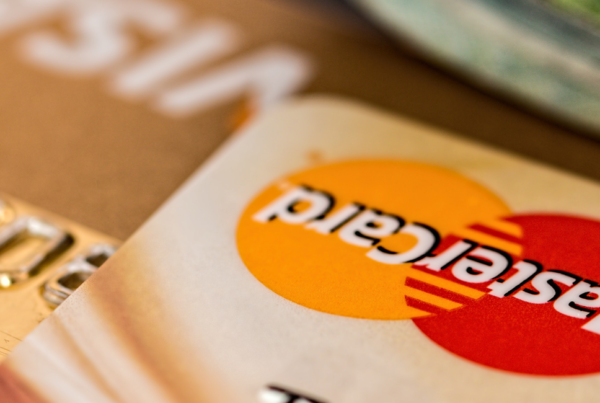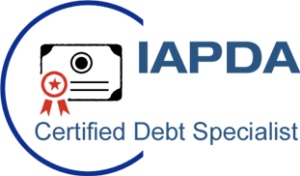
The program you choose matters
Debt settlement is negotiating with a creditor or collection agency to settle a debt for less than what you owed. Sounds nice, right? Well, it is, at least if you understand the potential downsides and how they may affect you. Debt settlement is likely going to affect your credit score. In fact, all debt relief options will affect your credit score in one way or another. It’s up to the individual to decide if paying the debt quickly and at a reduced rate, or long-term with interest.
This is why it’s important to choose the right company. A good settlement company will handle your debts as quickly as possible, which reduces your credit impact. While the settlement industry has been heavily regulated, for the better, there are still unrepeatable companies. Read some more about choosing the right debt settlement company here.
Let’s start with where you are now.
The first step is to determine where you stand right now. Is your credit already less than perfect? How high are your interest rates?
Scenario 1: Your credit isn’t great and you have a lot of high interest unsecured debt. Things like credit cards, no-collateral loans, payday loans, etc. are examples of this type of debt. You likely have little or nothing to lose by trying a debt settlement program. Given your less than great initial credit score, the hit you may take in a settlement program is worth eliminating the debt.
Scenario 2: You have stellar credit, but simply cannot pay the amount of unsecured debt you’ve accumulated. This is a very common scenario, and is generally referred to as “overspending”. Often times our clients comes to us just to help eliminate the interest rates on their credit card debts. If this is the case, your stellar credit will go down temporarily. You’ll need to rebuild a bit, which is not as difficult as it may seem. Remember, a good settlement program is starting to settle your debts 4 to 6 months into the program. As each creditor is settled, your score recovers.
Ask your representative questions that matter to you
A legitimate debt settlement company has one goal; to settle your debts for as little as possible. Over the past 10 years, the federal government has imposed much stricter regulations on the settlement industry in an effort to protect you, the consumer. As part of this movement towards transparency in the settlement field, good companies will not only comply, but go above and beyond to educate the consumer on their program and the industry.
The truth is, there can be downsides to a settlement program. With new federal regulations in place, consumers have much more protection to ensure any damage is as minimal as possible. Remember, the upside to these programs is that you’re out of debt significantly faster than you ever could have been on your own.
This becomes a risk/reward analysis for the consumer, based on their own personal situation. Is it worth it to take a small hit to your credit, but save 10+ years of paying on your debt and interest?
In this article, we want to share with you some things you should expect after a debt settlement program is completed.
Some things to expect when you follow through with a debt settlement program
Your credit score will be affected
Each clients situation is different. Consumer that come to us with already damaged credit tend to see less of a drop in their score during a debt relief program. However, clients with excellent credit may see a larger drop. Now, it’s important to note that these drops are temporary.
As your funds build up and the settlement company’s negotiators begin settling your debts, things start to change. With each debt settled, your debt to income ratio is reduced. This continues until all of your accounts have been settled. You may be surprised how quickly your credit score can recover after a relief program. It is important to rebuild your credit correctly.
Your settlement will include the companies fee
Debt settlement companies are not allowed by law to charge you for a debt settlement program before they settle the debt. Some will charge you a percentage of the total debt, while others will charge you a percentage of the eliminated debt (i.e., the part of the debt that you didn’t pay). As a consumer, it’s in your best interest to choose a company that takes their fee out of the settled amount, NOT the original amount.
Avoid falling into debt a second time
Falling back into debt can be a slippery slope for some people. Feeling the relief of being debt free is great, but also comes at a price. Consumers will usually start receiving offers for credit cards and loans now that their score has recovered and their debt to income reduced. This is a familiar situation, and the same one that started this whole mess. If you take nothing else from this article, remember – paying debt with credit always results in more debt. Check out our full article on this very topic.
Try to pay on time
You don’t want penalty fees to accumulate again, so you should try as much as possible to pay as early as you can so that you don’t added fees. These fees are pure profit for the creditor.
Try to manage or improve your debt to income ratio
You should try to improve your debt to income ratio as well if your goal is to throw debt away forever. Your debt to income ratio is simply the amount of debt you have to pay every month divided by your total gross income before you pay taxes. While it doesn’t directly influence your credit score, it is a major considerate when applying for credit, financing, or a loan of any kind.
Quick ways to decrease your debt to income: Create a budget that includes saved money for debt payment, and increasing your income
Your partner in debt relief
Consumer First Financial





